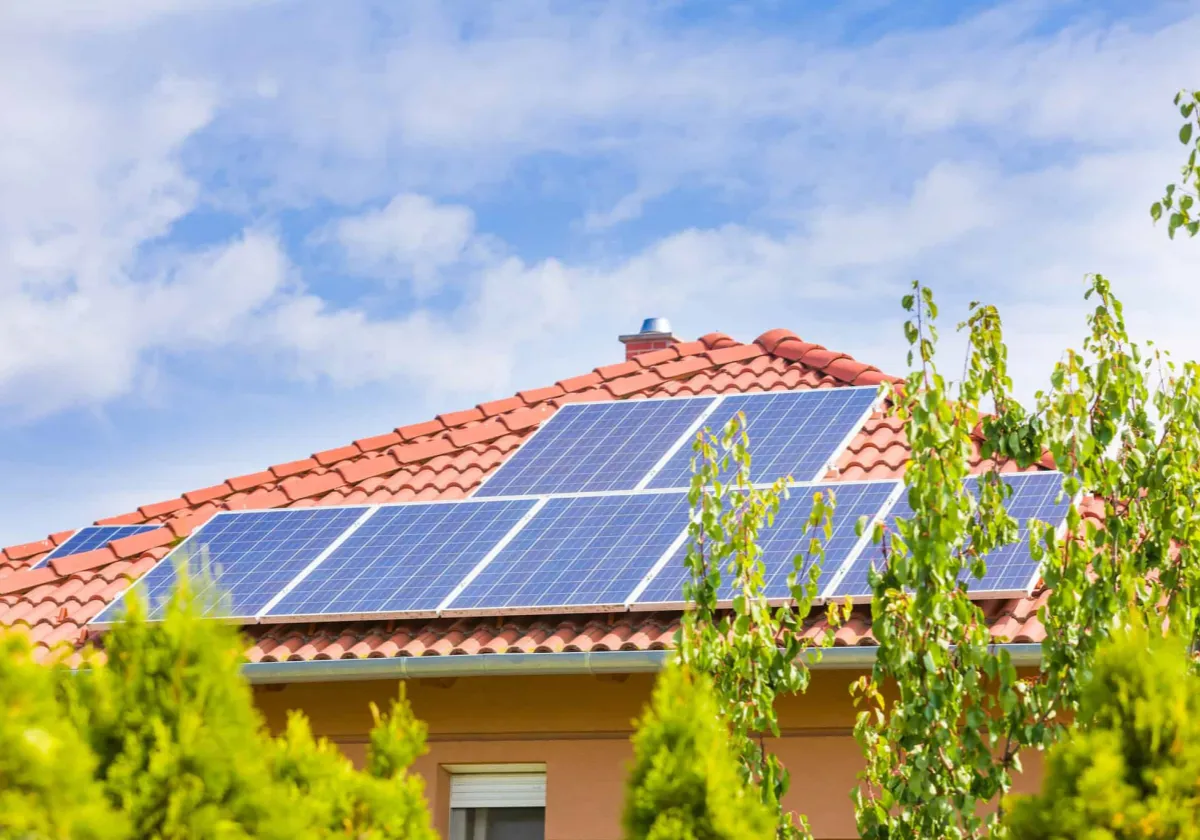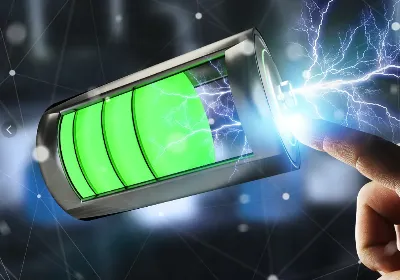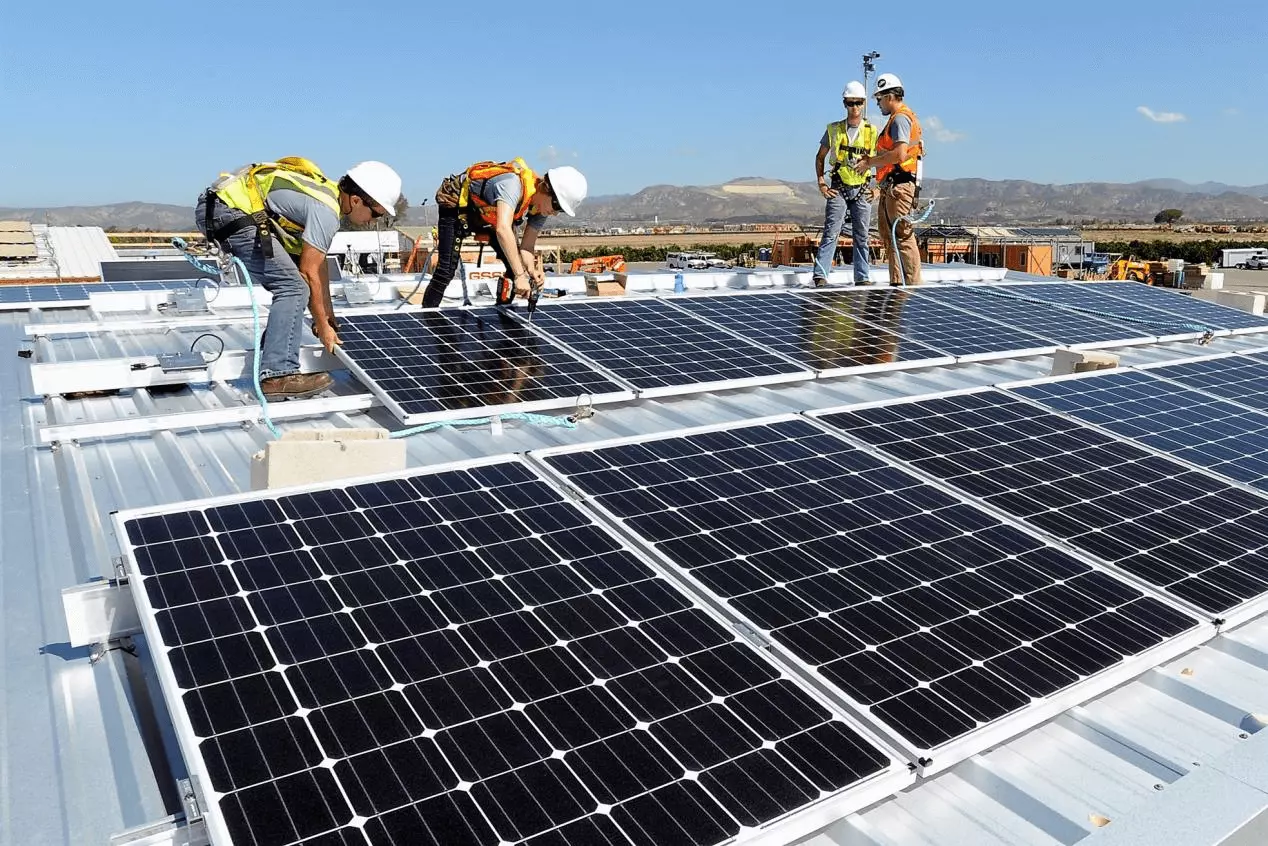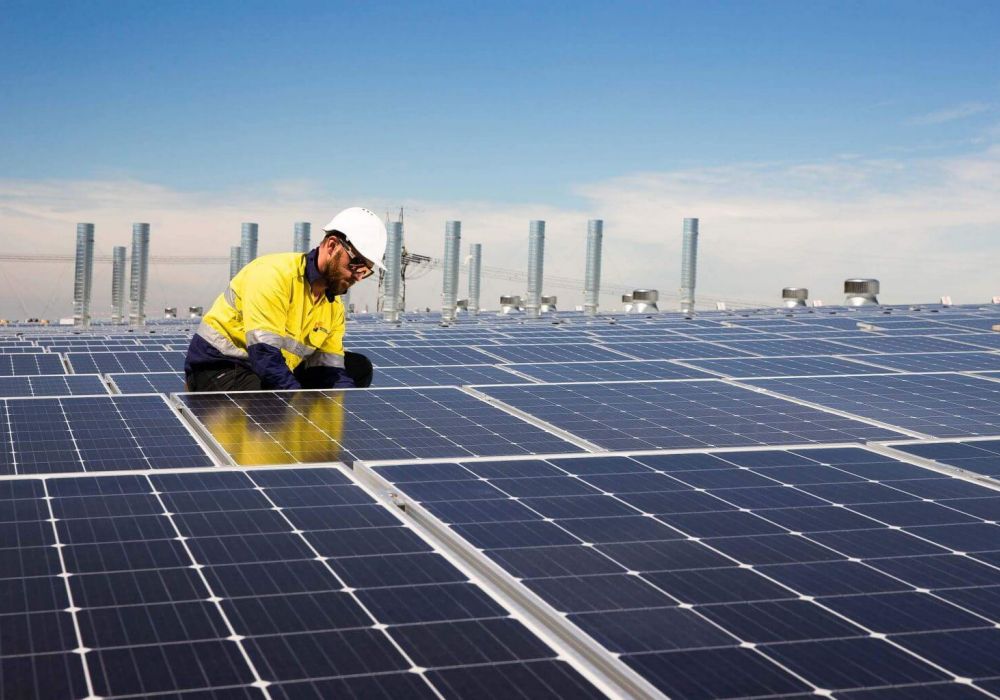Making the Switch: Is a 10kW Solar System in South Africa Worth the Investment?
Making the Switch: Is a 10kW Solar System in South Africa Worth the Investment?
As South Africa continues to grapple with energy challenges, many homeowners are looking for alternative ways to power their homes. Solar energy has emerged as a popular option, with more and more households opting to install solar panels to generate their own electricity. Among the different solar panel options available, the 10kW solar system has gained considerable popularity, but the question remains – is it worth the investment?
Before we can answer this question, it is important to understand what a 10kW solar system entails. In simple terms, a 10kW solar system is designed to produce 10 kilowatts of electricity per hour. Such a system typically consists of 30-40 solar panels, and its installation requires significant roof space. The system is ideal for households with high energy consumption, such as those with large families or multiple appliances.
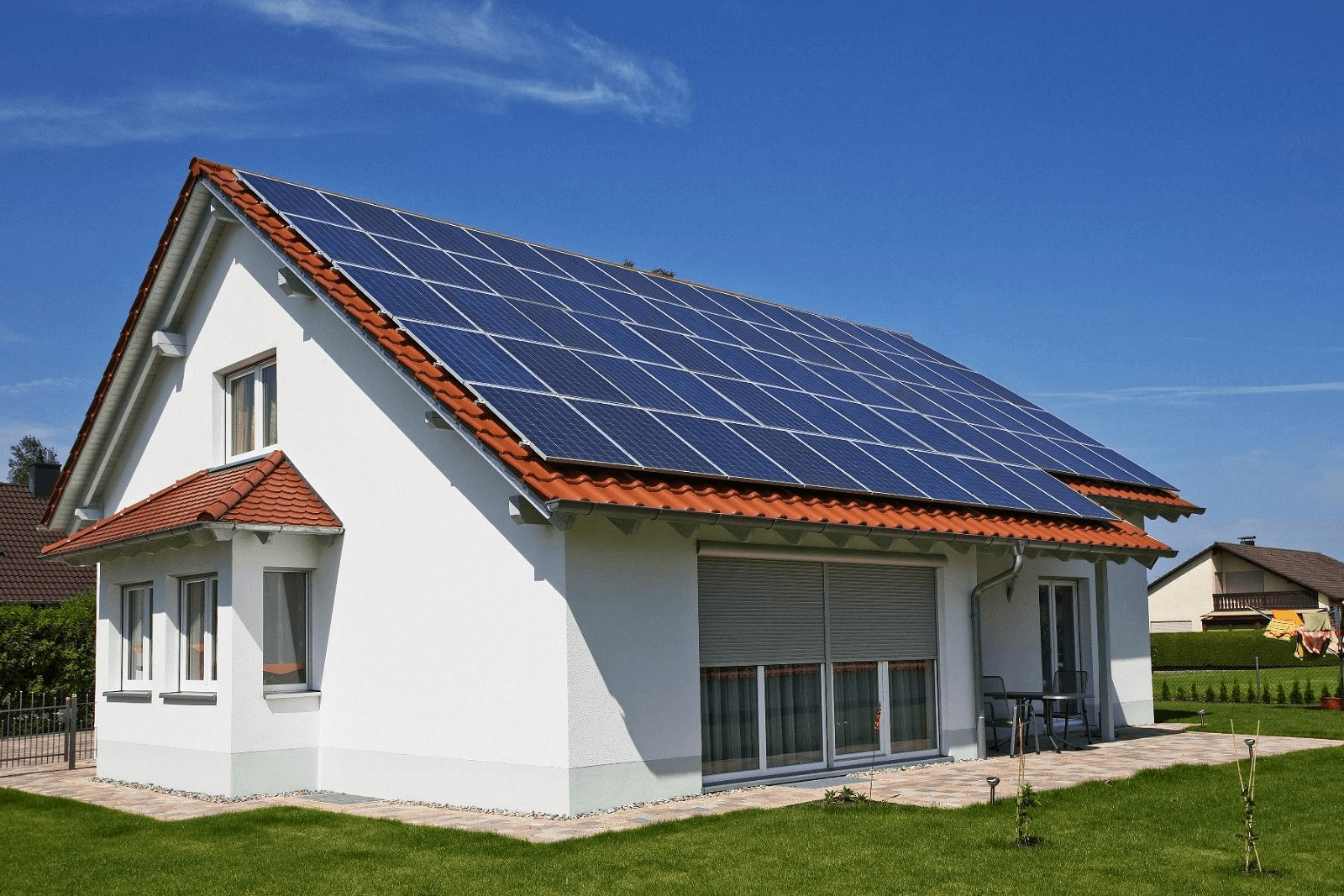
One of the primary benefits of a 10kW solar system is that it can significantly reduce energy bills. With a system of this size, homeowners can generate enough energy to power their entire home, meaning they would be able to rely less on electricity from the grid. This can translate to considerable savings, particularly in the long run. In addition, solar energy is renewable, meaning homeowners will not have to worry about rising energy prices or outages.
Another advantage of a 10kW solar system is that it can increase the value of a home. With more and more homebuyers looking for energy-efficient homes, having a solar panel system can be a major selling point. In fact, studies have shown that homes with solar panels tend to sell faster and at higher prices than those without.
Beyond the financial benefits, there are also environmental benefits to consider. Solar energy is clean and does not produce any harmful emissions, making it an ideal solution for households that want to reduce their carbon footprint. By making the switch to a 10kW solar system, homeowners can take an active role in reducing their impact on the environment.
Despite the many benefits of a 10kW solar system, there are some factors to consider before making the investment. Firstly, the upfront costs of installing a solar panel system can be high. While prices have come down in recent years, homeowners may still need to spend a significant amount to install a 10kW solar system. However, it is important to note that many providers offer financing options, which can help make the investment more affordable.
Another factor to consider is the amount of sunlight a home receives. Solar panels are most effective when they receive direct sunlight for the majority of the day. Homeowners should therefore ensure that their roof is not shaded by trees or other buildings. Additionally, the orientation and pitch of the roof can affect the efficiency of a solar panel system. A reputable installer will be able to advise on the best options for a specific home.
Finally, homeowners should consider the lifespan of a solar panel system. While most systems come with warranties of up to 25 years, the actual lifespan of a system can vary depending on factors such as weather conditions and maintenance. It is important to factor in the long-term costs of maintaining a solar panel system to ensure that it continues to operate efficiently.
In conclusion, a 10kW solar system in South Africa can be a worthwhile investment for homeowners looking to reduce their energy bills, increase the value of their home, and reduce their environmental impact. While there are upfront costs to consider, the long-term benefits can be significant. As with any investment, homeowners should do their research, choose a reputable installer, and carefully consider factors such as sunlight, roof orientation, and long-term maintenance costs before making the switch to solar.

